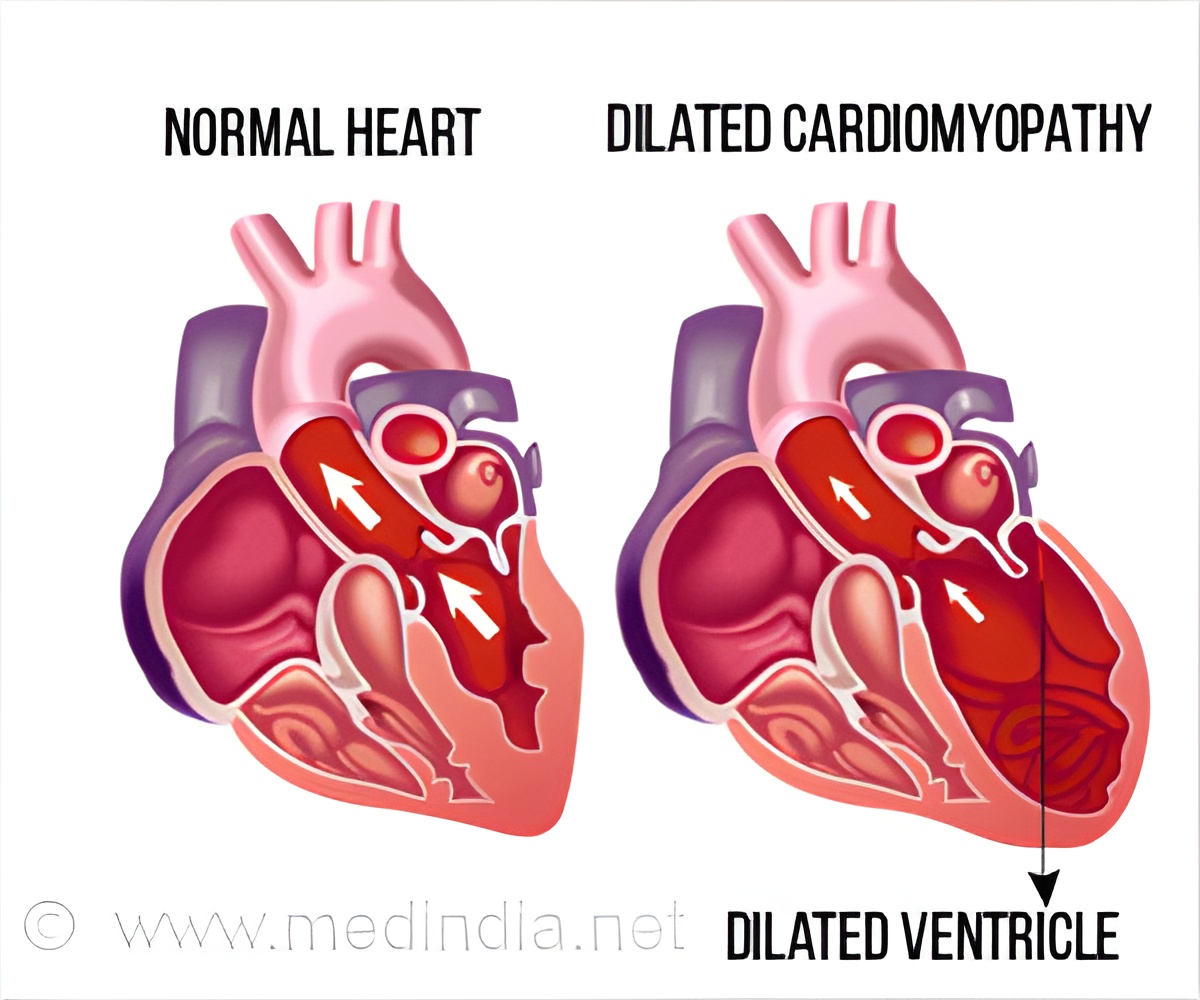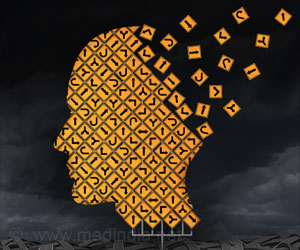
‘RBM20 dilated cardiomyopathy – a genetic variant of heart disease is found to be associated with the presence of RNA-binding protein aggregates, the mechanism commonly linked to neurodegenerative diseases. This discovery might lead to the development of novel drug therapies in ribonucleoprotein granule degenerative diseases of the heart and nervous system.’
Tweet it Now
Dilated cardiomyopathy is a heart disease where the muscles of the heart stretch (dilates) and becomes thin, making it difficult for the heart to pump blood to the rest of the body. RBM20 dilated cardiomyopathy is a genetic variant of this disease. This type of cardiomyopathy typically can affect even patients of young adulthood, posing a greater risk for sudden cardiac death. Pathology of RBM20 dilated cardiomyopathy:
The mutation of RBM20 in dilated cardiomyopathy was earlier uncovered by Timothy Olson, M.D., a pediatric cardiologist at Mayo Clinic. Several pathologies including splicing of the genes have been established since then, one of the novel discoveries being – clumps of RNA-binding protein in the affected heart tissue.
The research team performed a simple staining test on the genetically modified RBM20 dilated cardiomyopathy model of pig heart tissue samples, that revealed the aggregates of these proteins. This evidence was confirmed even in the archived tissue samples from Dr.Olson, obtained from RBM20 dilated cardiomyopathy human patients.
This novel discovery in a larger organ like the heart makes it possible to develop study models for further research insights. “This is a huge advantage that should accelerate drug discovery in ribonucleoprotein granule degenerative diseases of the heart and nervous system,” says Jay Schneider, M.D., Ph.D., a Mayo Clinic cardiologist and first author of the study.
Advertisement















